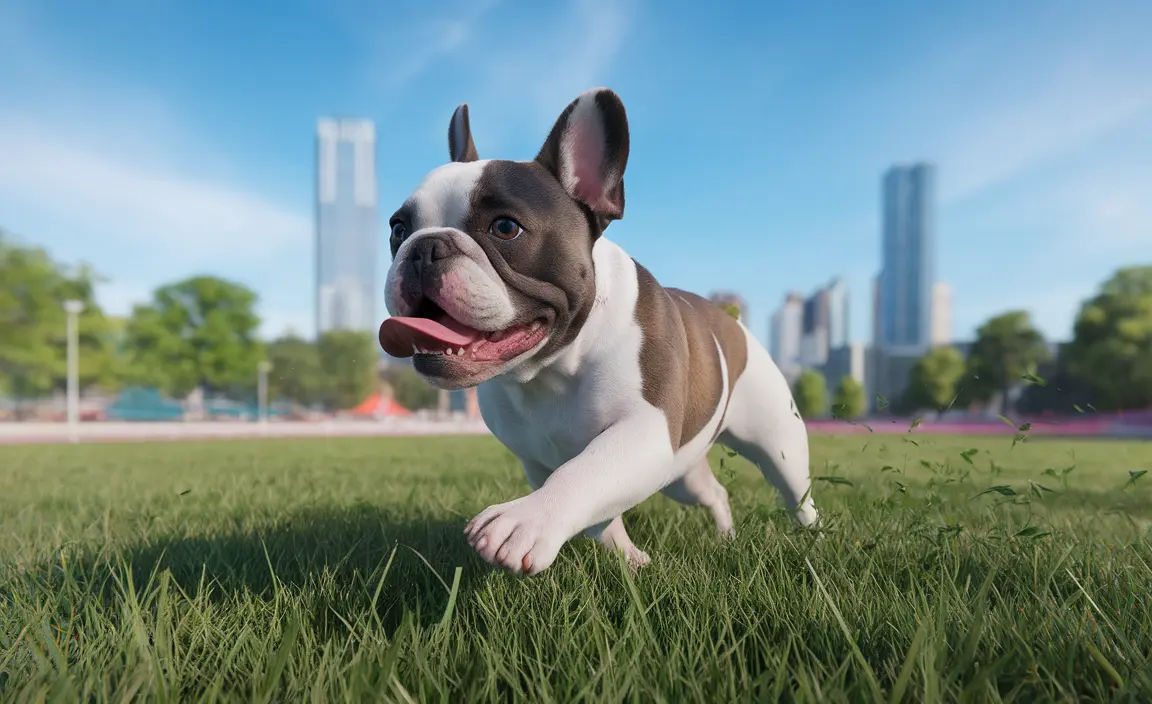Losing a beloved canine companion is one of the most heart-wrenching experiences a pet owner can face. In these difficult moments, knowing the right steps to take can provide some comfort and guidance during an incredibly emotional time. This comprehensive guide will help you navigate the challenging process of handling your dog's passing with dignity, care, and respect.
Immediate Steps After Your Dog Passes Away
When you realize your dog has died, it's crucial to remain calm and take methodical actions. First, confirm that your dog has indeed passed away by checking for breathing and checking their pulse. If you're unsure, contact your veterinarian immediately for professional guidance.
Handling Your Dog's Body with Care
Once you've confirmed your dog's passing, take steps to preserve the body and prevent decomposition. Here are some critical immediate actions:
- Wear disposable gloves if possible
- Keep the body in a cool, dry place
- Avoid moving the body excessively
- Contact your veterinarian for professional advice
Options for Handling Your Dog's Remains
After the initial shock, you'll need to make decisions about your dog's final arrangements. Each option has its own considerations and emotional implications.
Cremation Services
Cremation is a popular choice for many pet owners. You typically have two primary options:
- Individual Cremation: Your dog is cremated separately, and you receive their ashes
- Communal Cremation: Multiple pets are cremated together, with no individual ashes returned
Burial Options
If you prefer burial, consider these alternatives:
- Home burial (check local regulations first)
- Pet cemetery plots
- Memorial gardens specifically designed for pets
Emotional Support During Grief
The loss of a dog is a profound experience that impacts the entire family. It's essential to acknowledge and process your emotions during this difficult time.
Supporting Family Members and Other Pets
- Allow everyone time to grieve
- Consider a small memorial service
- Talk openly about your feelings
- Be patient with yourself and other family members
Professional Grief Support
Don't hesitate to seek additional support if you're struggling. Many resources are available:
- Pet bereavement counselors
- Support groups for pet loss
- Online forums and communities
- Mental health professionals specializing in grief counseling
Practical Considerations After Losing Your Dog
Beyond emotional care, there are practical matters to address promptly:
- Make final disposition decisions quickly
- Be prepared for potential bodily fluid release
- Preserve any special collars or mementos
- Keep records of any medical treatments or euthanasia
Frequently Asked Questions
What are the immediate steps to take when my dog dies at home?
Confirm the death, keep the body cool, wear gloves, contact your veterinarian, and prepare to make arrangements for the remains.
What are my options for handling my dog's remains after they pass away?
You can choose individual or communal cremation, home burial (if local laws permit), or use a pet cemetery service.
How do I decide between cremation and burial for my deceased dog?
Consider factors like local regulations, personal preferences, available space, emotional comfort, and budget when making this decision.
How can I help other pets in the household cope with the loss of their companion?
Maintain regular routines, provide extra attention, watch for signs of grief, and be patient with their emotional process.
What kind of emotional support is available to pet owners after losing a dog?
Professional bereavement counselors, support groups, online communities, and mental health professionals can provide specialized grief support.
Remember, there's no "right" way to grieve. Each person and family processes loss differently. Be kind to yourself during this challenging time, and know that the love you shared with your dog was precious and meaningful.






